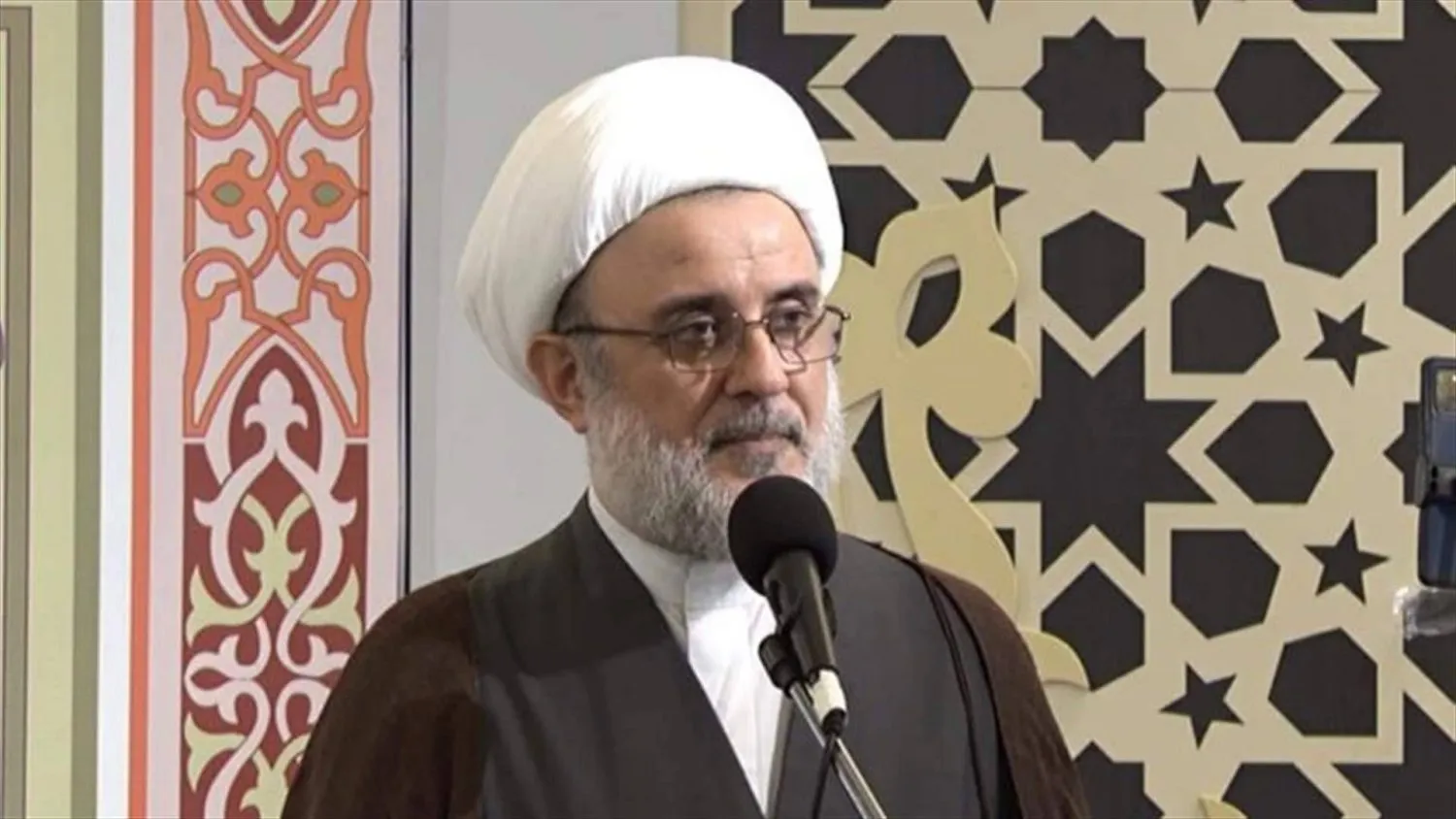The Israeli military said Sunday it has killed another high-ranking Hezbollah official in an airstrike as the Lebanese group was reeling from a string of devastating blows and the killing of its overall leader, Hassan Nasrallah.
The military said Nabil Qaouq, the deputy head of Hezbollah's Central Council, was killed on Saturday. Hezbollah confirmed his death, making him the seventh senior Hezbollah leader slain in Israeli strikes in a little over a week. They include founding members who had evaded death or detention for decades.
The Israeli military said it carried out another targeted strike on Beirut later on Sunday, with details to follow.
Hezbollah had earlier confirmed that Ali Karaki, another senior commander, died in Friday's strike that killed Nasrallah. The Israeli military said earlier that Karaki was killed in the airstrike, which targeted an underground compound in Beirut where Nasrallah and other senior Hezbollah figures were meeting.
Israel says at least 20 other Hezbollah militants were killed in the strike, including two close associates of Nasrallah, one of whom was in charge of his security detail.
Wreckage from the strike was still smoldering more than two days later. On Sunday, Associated Press journalists saw smoke over the rubble as people flocked to the site, some to check on what’s left of their homes and others to pay respects, pray or simply to see the destruction.
White House national security spokesman John Kirby said Sunday that Israel's airstrikes had “wiped out” Hezbollah’s command structure, but he warned the group will work quickly to rebuild it.
“I think people are safer without him walking around,” Kirby said of Nasrallah. “But they will try to recover. We’re watching to see what they do to try to fill this leadership vacuum. It’s going to be tough. … Much of their command structure has now been wiped out.”
Kirby, who spoke during an appearance on CNN’s “State of the Union,” sidestepped questions about whether the Biden administration agrees with how the Israelis are targeting Hezbollah leaders.
The White House continues to call on Israel and Hezbollah to agree to a 21-day temporary ceasefire that was floated by the US, France and other countries last week as world leaders gathered for the UN General Assembly.
Earlier this month, Hezbollah was also targeted by a sophisticated attack on its pagers and walkie-talkies that was widely blamed on Israel. A wave of Israeli airstrikes across large parts of Lebanon has killed at least 1,030 people — including 156 women and 87 children — in less than two weeks, according to Lebanon's Health Ministry.
Hundreds of thousands of people have been driven from their homes in Lebanon by the latest strikes. The government estimates that around 250,000 are in shelters, with three to four times as many staying with friends or relatives, or camping out on the streets, caretaker Environment Minister Nasser Yassin told the AP.
Hezbollah has continued to fire rockets and missiles into northern Israel, but most have been intercepted or fallen in open areas. No Israelis have been killed since the latest wave of strikes targeting top Hezbollah leaders began on Sept. 20.
Qaouq was a veteran member of Hezbollah going back to the 1980s and served as Hezbollah's military commander in southern Lebanon during the 2006 war with Israel. He often appeared in local media, where he would comment on politics and security developments, and he gave eulogies at the funerals of senior fighters. The United States announced sanctions against him in 2020.
Hezbollah began firing rockets, missiles and drones into northern Israel after Hamas' Oct. 7 attack out of Gaza triggered the war there. Hezbollah and Hamas are allies that consider themselves part of an Iran-backed “Axis of Resistance” against Israel.
Israel has responded with waves of airstrikes, and the conflict has steadily ratcheted up to the brink of all-out war, raising fears of a region-wide conflagration.
Israel says it is determined to return some 60,000 of its citizens to communities in the north that were evacuated nearly a year ago. Hezbollah has said it will only halt its rocket fire if there is a ceasefire in Gaza, which has proven elusive despite months of indirect negotiations between Israel and Hamas led by the United States, Qatar and Egypt.









